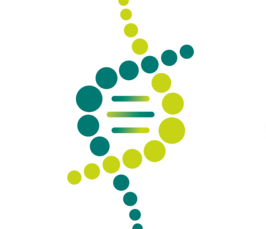Transferable Skills Course Online: Project Management for Scientists
- fully booked
- Start: Jun 1, 2021
- End: Jun 2, 2021
- Speaker: Katja Wolter
- Katja Wolter M.A. studied Business Administration at the University of Applied Sciences Stralsund and John-Moores-University in Liverpool (England). She was working in Finance for an international Company in Frankfurt am Main, Consultant of the Administrative Director of Rundfunk Berlin Brandenburg (rbb), Director of Finance and Controlling at Deutsche Entertainment AG in Berlin and in a Project Management Organisation in the field of Biotechnology. Since 2013 she is Head of Steinbeis Research Center – Institute of Resource Development, Greifswald.
- Location: online
- Host: Kirsten Kelleher
- Contact: kelleher@molgen.mpg.de

To register for this course, please email kelleher@molgen.mpg.de.
Are you a PhD candidate who could benefit from structuring your work, having a firmer grip on things and confidence in your research? In this training course you’ll explore how you can manage your doctoral research successfully as a whole. You learn the basic theory of project management and you will apply them to your own doctoral project during practical exercises and discussions. Furthermore you will learn how to manage project time and communicate within the project team and with the stakeholders of your project. More focus, clear priorities, awareness, and more organization of your work will be the result. The training will focus on your projects in science. We’ll cover the following topics:
· Basic theory of project management
· Applying basic theory of project management to individual doctoral project
· Practical support in planning and execution of the promotional project
· Time Planning in the project
· Strategic communication with stakeholders
· Project team stages and leadership styles
Working methods: Interactive, experience oriented, group discussion, theoretical background, practical exercises, demonstration, lecturing, group assignments
You will need a computer with a camera and microphone.